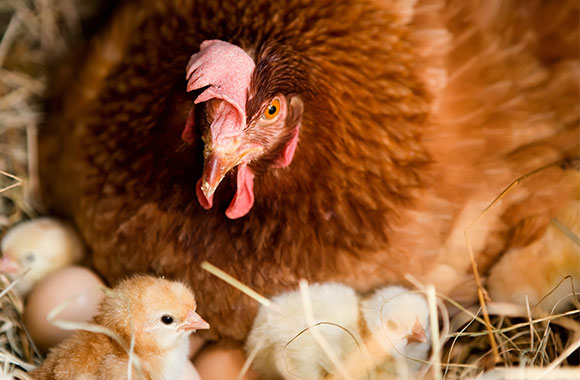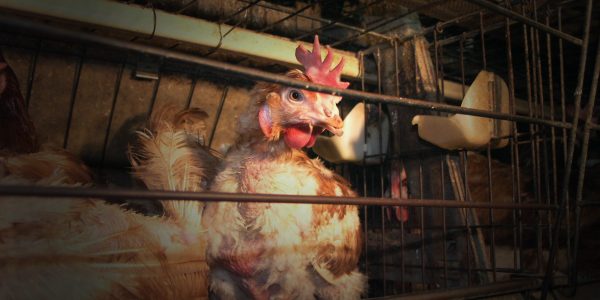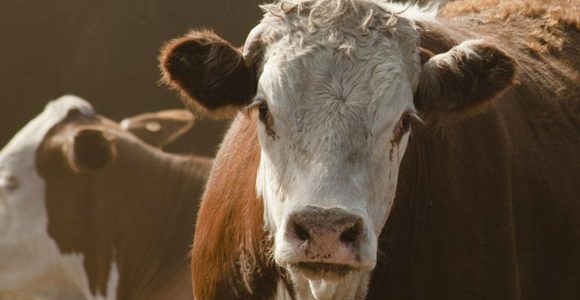According to the national standard for ‘free range’ hens, 10,000 birds can be forced to live per hectare – almost seven times more than the guidelines of the Australian Model Code of Practice for Domestic Poultry. This is anything but reassuring for people who care about hens…
Until relatively recently, Australia had no national standard for what classifies a ‘free range’ egg, which has meant confusion for shoppers and a questionable standard of living for some ‘free range’ hens. In 2017, State and Federal ministers settled on a definition for free range, and made a new, legally enforceable standard. Sadly, that’s where the ‘good news’ ends.
The bar was set so low for a ‘free range’ hen that many shoppers feel misled by the label.









